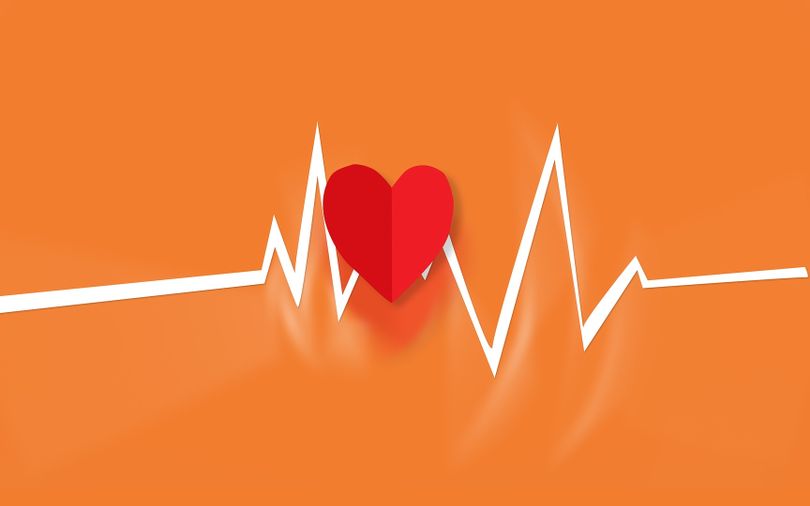
How AI is trying to prevent hospital patients from suffering falls


An American health-tech startup has developed an artificial intelligence (AI) software which can predict when hospital patients will suffer a fall, according to a Bloomberg report.
A patient fall is defined as an unplanned descent to the floor triggered by physiological conditions such as fainting or external factors such as a wet surface.
According to the report, nearly one million hospitalised patients hit the floor every year and a third of these falls result in injuries, including fractures and head trauma.

California-based Qventus Inc has attempted to solve the problem of nurses who miss distress signals or calls from patients because of ‘alarm fatigue’ - sensory overload from various hospital sounds and alerts.
Qventus’ programme extracts and analyses all the data from call lights (the button patients press when they need help), bed alarms, and electronic medical records. It also analyses other information such as a patient’s age, the medication and other vitals recorded.
The programme analyses data such as the time when most falls occur on a day or the pattern of events that most typically lead to a fall. For instance, patients that have changed rooms are particularly vulnerable.

From the data, Qventus can identify several fall indicators that it uses to predict which patients need more monitoring.
If and when a patient meets all the indicators, a special badge worn by nurses -a ‘nudge’ - receives an alert reminding them check on the patient in the next few hours.
While Qventus did not disclose the number of healthcare facilities that are using its platform, it claimed that the programme has achieved a 13.5 % reduction in one of its hospitals.

At El Camino hospital, the staff has reported a 29% drop in falls since 2014, when the programme was first deployed.
The Center for Disease Control and Prevention says that the average cost from a single fall per patient is more than $30,000.
In 2015, medical costs for falls in the US totalled more than $50 billion, the report added.

Artificial intelligence is increasingly being used in the healthcare industry globally.
Danish software company Corti SA has developed an AI programme that can detect heart attacks by analysing phone call recordings.
Also, Massachusetts Institute of Technology (MIT) recently developed an artificial intelligence system that could analyse medical images in less than a second as compared with conventional techniques that may take two hours or more.

